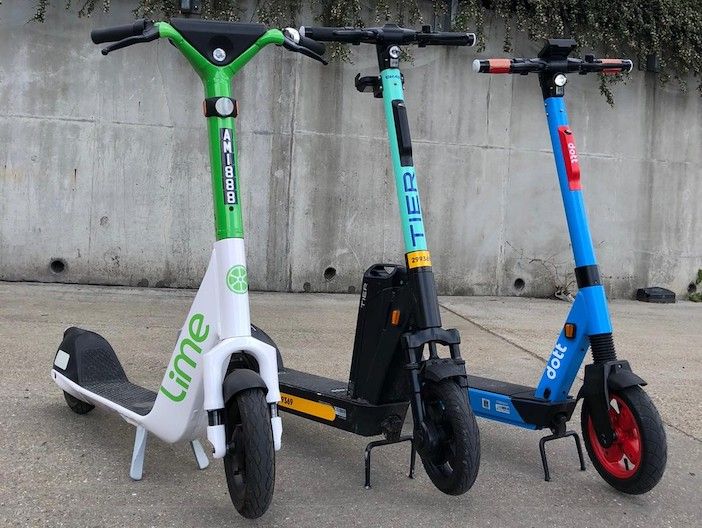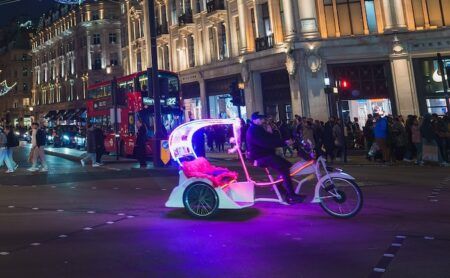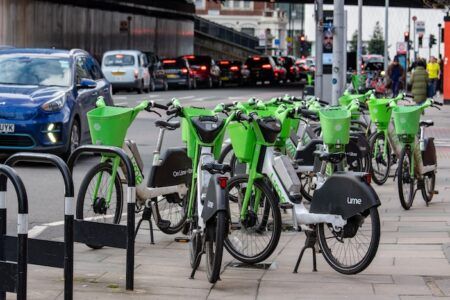Transport for London (TfL) and e-scooter operators Dott, Lime and Tier have released new data that shows the progress made in trialing this new form of transport in the capital in a safe and legal way.
More than 585,000 trips have now been made, covering a total of 1.6 million kilometres. Around 180,000 people have used the scheme to date and the most rides by a single user was more than 300 trips. The busiest month for the trial was October, as people returned to offices and the London Borough of Camden joined the scheme, and the most popular hour to ride an e-scooter is between 6 and 7pm.
The London trial has expanded significantly over the first eight months since it launched. The number of vehicles available to hire has increased sixfold to 3,585 vehicles and the number of boroughs participating in the trial has doubled. There are now more than 420 designated parking locations across the trial area, with plans to expand this number over the coming year to further increase parking density. The operators use an entirely zero-emission fleet powered by 100% renewable energy for their operations.
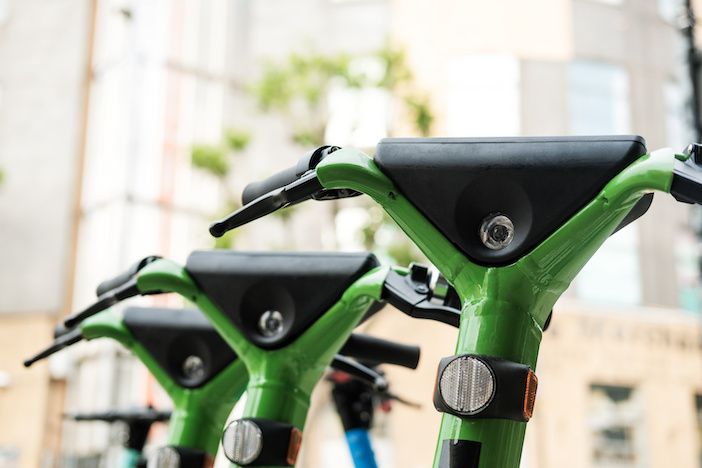
Thousands of people have used the operators’ discount schemes which make the rental vehicles more affordable for people on low incomes and with disabilities. Last week, the London operators announced plans to collaborate and partner with UCL’s world-leading research facility Pearl to research and develop a ‘universal sound’ for rental e-scooters. Building on work already undertaken by all three operators, the approach is supported by TfL and could improve safety across the entire e-scooter industry by helping people, in particular those with visual impairments, identify rental e-scooters. Research is expected to produce a sound which can be tested by operators in London this year, attaining an industry standard and ultimately aiming to scale up to other cities in the UK and beyond.
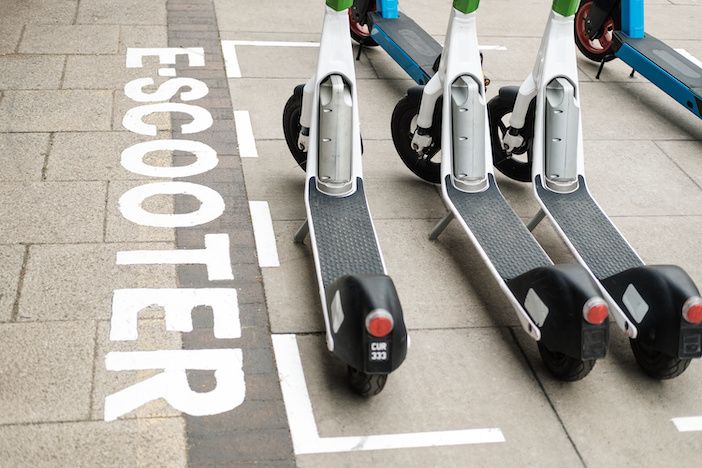
London’s trial is one of 32 authorised by the Department for Transport (DfT) around the UK. The trials are gathering data that will be used to inform any changes to the legal status of e-scooters that Government may choose to introduce in the coming years. During 2022, the trial will continue to grow and build on its successes and further explore whether e-scooters contribute to London’s transport mix, reduce carbon emissions and enable a sustainable recovery from the pandemic.
The rental vehicles in London have high safety standards which go beyond the national standards, including a speed limit of 12.5mph, larger wheels and lights that are always on throughout any rental. The trial is highlighting the disconnect between the robust safety standards and vehicle specifications of trial e-scooters and private e-scooters that are currently completely unregulated and therefore not built to any minimum safety standards. Private e-scooters remain illegal for use on roads and cycle lanes.
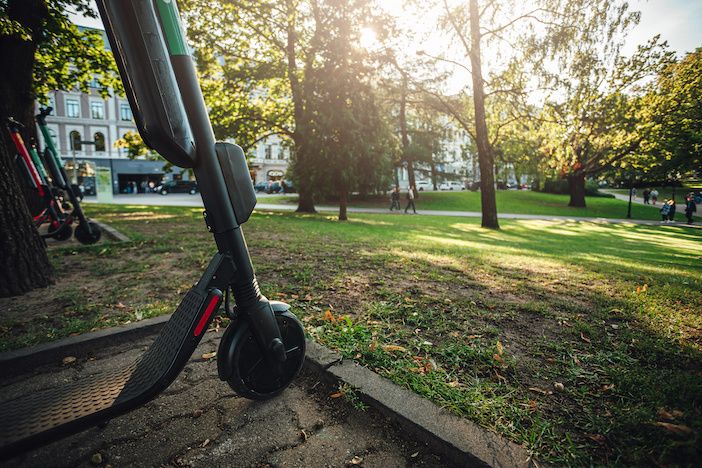
To help ensure the success of the trial, Londoners are encouraged to report any issues they experience, including poor rider behaviour, to the operators. Contact details for all operators are available on the TfL website at tfl.gov.uk/modes/driving/electric-scooter-rental-trial. If anyone, including private landowners, has suggestions for parking locations they can also get in touch using these contact details.
“The anonymised data we gather is crucial and we’ll be analysing this closely so that we can learn more about the role e-scooters could play in helping people move around London sustainably,” says Helen Sharp, TfL’s e-scooter trial lead.


